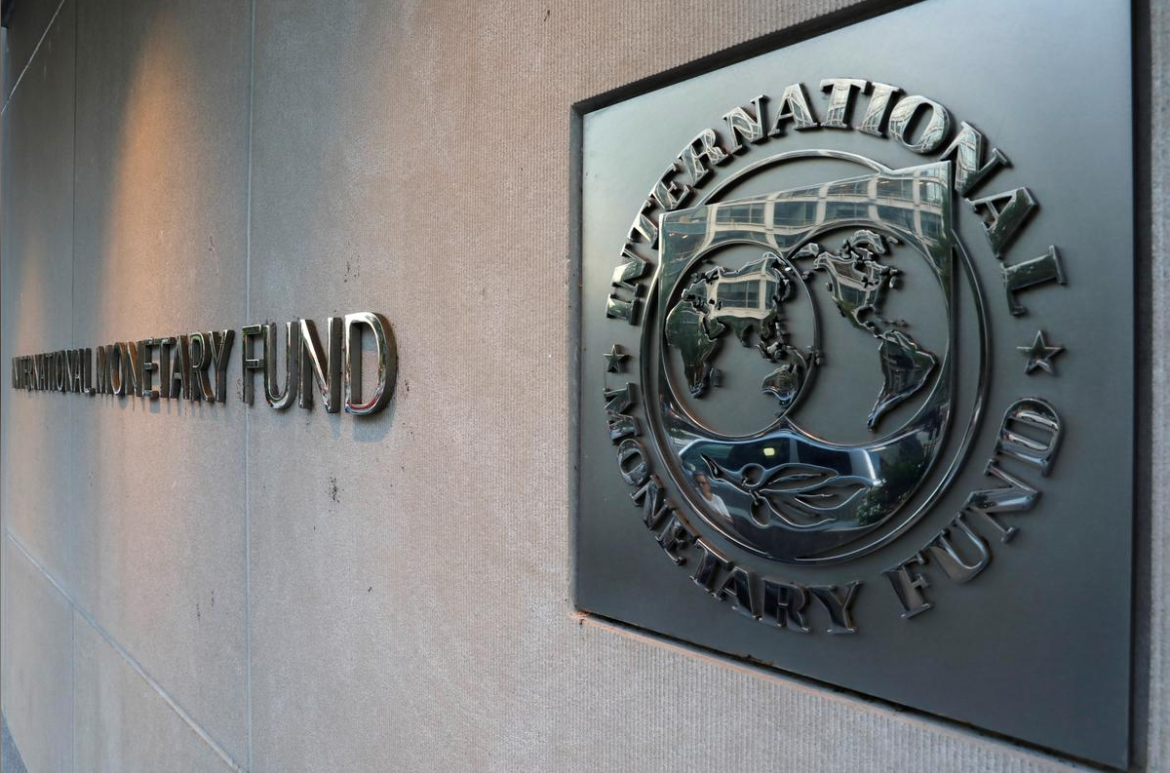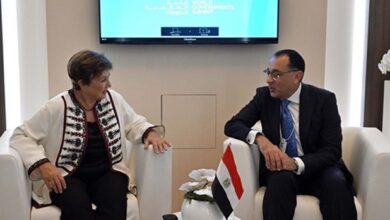The recent decision to reject the loan deal offered by the International Monetary Fund has been received with much relief by the Egyptian public. Many economists and politicians voiced concerns about the impact of conditionality on Egypt’s independence at a critical moment of democratization. Other left-leaning observers claimed that the IMF, World Bank, USAID, and the European Union would impose economic conditionality that would derail any serious attempt at socio-economic reform and thus challenge the revolution’s social demands.
The rejection comes after the G8 have allocated US$20 billion for Egypt and Tunisia in the coming years of transition with strong hints made at linking the capital inflows to the pace and content of democratization. Egypt is a developing country that suffers from a chronic shortage of capital and whose economy is heavily dependent on the West through trade, aid, technology, investment and armament. Could that dependency undermine Egypt’s autonomy and diminish its chances to move toward democracy?
There is no doubt that capital inflows promised to Egypt constitute a powerful tool to influence the ongoing democratization of the country. The Americans have Israel, Islamic fundamentalism and state failure to worry about. Moreover, the Europeans must be concerned with the risks of social unrest, massive migration to the north, smuggling, trafficking and terrorism. These countries hope to use capital inflows in the form of investment and aid to harness and fine tune the transition in Egypt in order to secure their geopolitical interests and to avoid instability. Can this be good for democratization?
Egypt is not the first case where geopolitical matters define the very possibility of democratization. Two decades earlier, Eastern and Central Europe witnessed a swift and massive collapse of communist regimes. The Americans and Europeans had to cope with the changes. Aid packages, EU integration and NATO expansion were used in order to secure the transition toward a market-oriented social democracy. Large capital inflows in the form of debt relief, financial and technical assistance and foreign investment, together with trade facilitations, had a positive impact on the economies of East and Central Europe. Key countries such as Hungary, the Czech Republic and Poland could briefly recover from structural transformation and resume generating growth. Avoiding economic deterioration contributed to making democracy popular and to encouraging broad social constituencies to bear the cost of transformation. Moreover, the creation of economic ties with the West strengthened pro-democracy groups and helped marginalize far right and ultranationalist forces in the critical years of transition.
US and European influence may indeed help promote democracy in Egypt. It will definitely contribute to the moderation of contending political parties and forces. Even though the moderation of Islamists would correspond to Western concern with Israeli security and the risk of having a radical transformation in Egypt’s geopolitical stance, this would positively add to the chances of integrating Islamists into a democratic game and thus avoid potential radicalization, such as the Iranian case in the late 1970s and early 1980s. Meanwhile, capital inflows should not necessarily contradict attempts at better income redistribution for two reasons: International involvement in the case of Egypt is politically driven and thus not likely to coincide with harsh economic conditionality. Moreover, the cases of Eastern and Central Europe have shown that establishing a market economy may go hand in hand with the rise of some form of social democracy.
However, the impact of capital inflows should not be overrated in the long term. The Western powers do not possess the same tools to shape the socio-political outcome of the changes in the region and in Egypt as they had in Eastern and Central Europe. The persistence of the Israeli-Palestinian strife negates the possibility of having a comprehensive regional security arrangement. Moreover, joining the EU is not an option either. Given these factors, capital inflows from the West may influence the immediate process of democratization but are hardly a tool to define the process in the long term.



